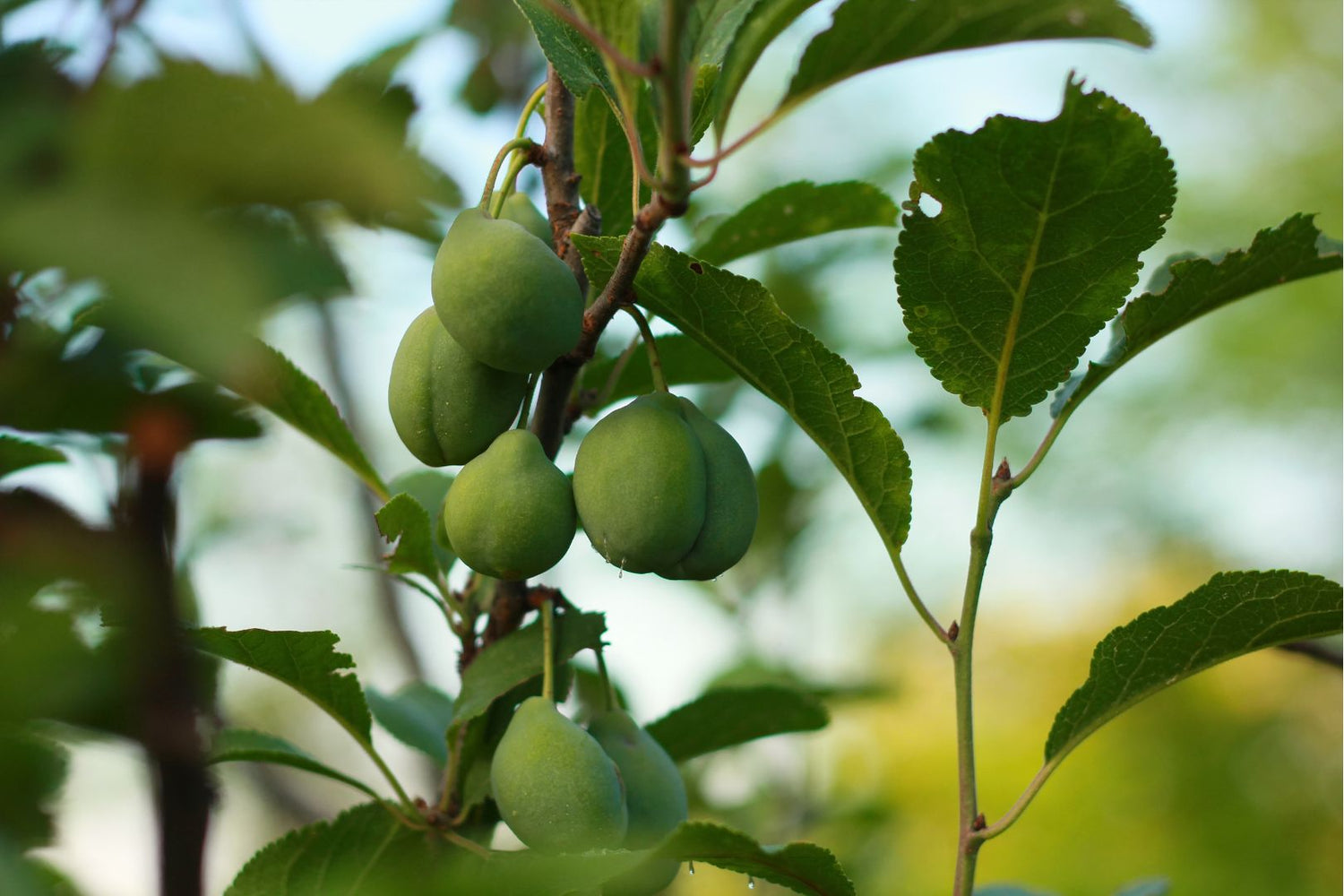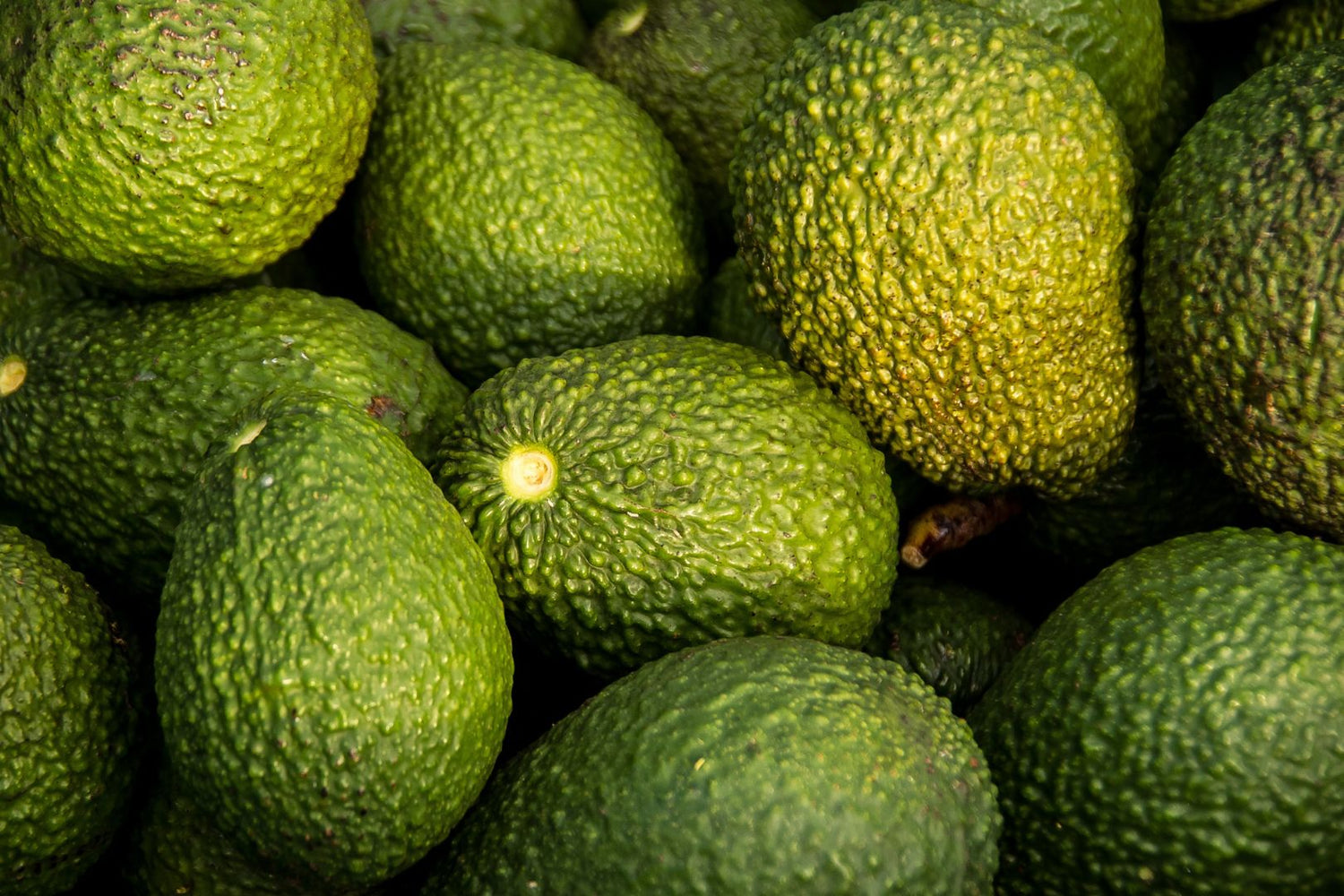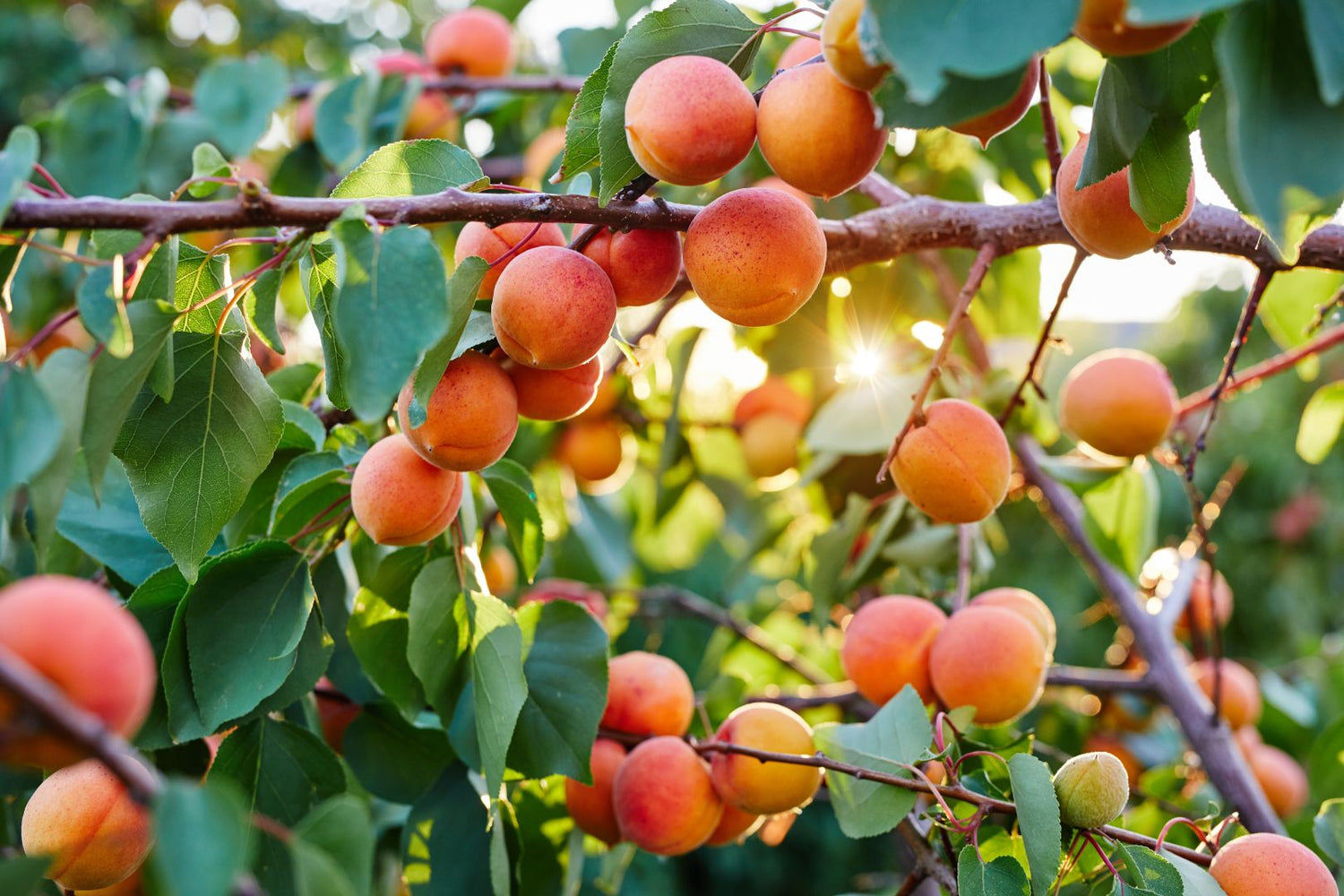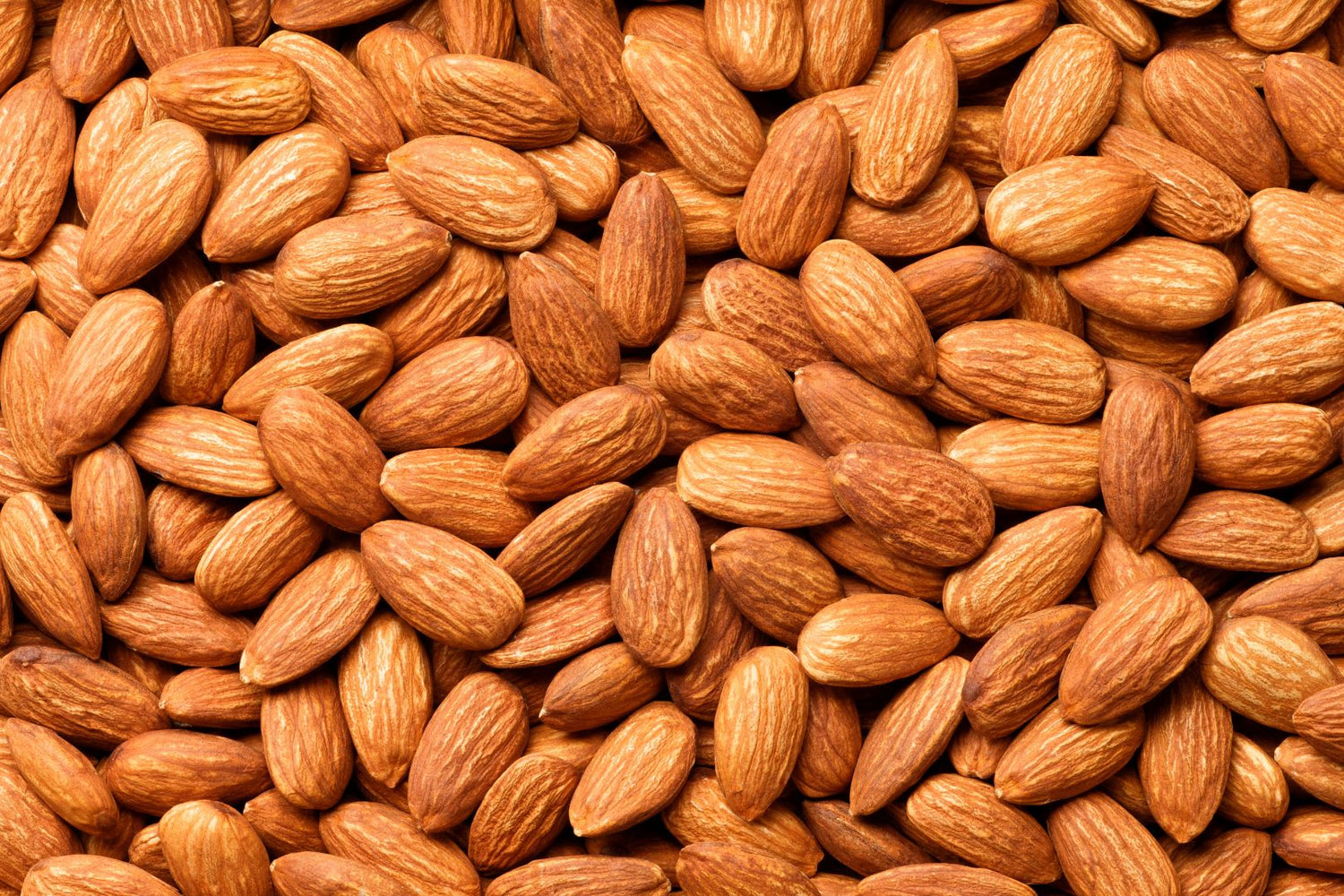Cuti Cuticle Oil contains nothing but nourishment. Made from 100% natural and organic ingredients, infused with New Zealand native botanicals.
Let us introduce you to some of our superstar ingredients...

KAWAKAWA
This incredible plant has been used in rongoā Māori (traditional healing) for a loooong time - centuries even. It’s well known to be a seriously good anti-inflammatory and is commonly used to soothe dry, irritated skin, cuts, and skin conditions like eczema and psoriasis.
The kawakawa used by Cuti is grown in beautiful Kerikeri, near the very top of Te Ika-a-Māui. It’s only ever harvested from healthy plants, on the sunny side of the bush after the dew has dried on the plant, and before the heat of the day.
A karakia (prayer) is said upon entering the grove, and thanks is given after harvesting - following rongoā Māori practices.

MĀNUKA
Is there anything this amazing NZ native botanical can’t do? Another important ingredient used in rongoā Māori, it’s also been used traditionally for everything from making tools and waterproofing homes, to brewing teas and infusions. Wow!
Grown on the sunny Coromandel, we chose this organic mānuka oil for its renowned ability to gently soothe inflammation and other skin irritations. It’s also commonly used in the treatment of fungal conditions of the nails and skin.

JOJOBA
She revitalises, she soothes, she moisturises - jojoba is your bestie when it comes to nourishment of your nails and skin.
Fun fact - did you know that jojoba oil is super similar to the sebum produced by our own bodies - which is perhaps why it’s so well absorbed, well-tolerated and protective of even the most delicate skin.
Our jojoba is sourced from the La Rioja province of Argentina, where the seeds are collected by hand, then cold pressed and filtered, where the oil then makes its way to Aotearoa.

AVOCADO
Avocado oil really puts in the leg work. It’s extremely rich in vitamins A, D, and E, monounsaturated fatty acids, as well as having high lecithin and potassium content. Phew!
Studies in Japan have also revealed that avocado oil can significantly increase the levels of collagen found under the skin.
The avocados used to make Cuti are grown in Kenya - arguably the best producer of organic avocados anywhere in the world! Avocado farming in Kenya is mostly done by smallholder farmers practicing sustainable farming.
At Cuti, we believe in making waves without leaving a trace. Being more sustainable isn't just a trend; it's a lifelong commitment - and we're here to do what we do as responsibly as possible.
From our refillable cuticle oil pens and bottle recycling incentive, to our eco-friendly packaging, and sourcing high-quality organic ingredients, we believe in making conscious choices that don't just make us look good on paper - but actually contribute to a cleaner, greener and happier planet.

APRICOT KERNEL
Apricot kernel oil is packed with oleic acid, and she’s on a mission against inflammation and redness.
It's like a superhero swooping in to save the day when your skin and cuticles are feeling stressed.

CAMELLIA
Camellia oil (aka glow-up juice) was once a well guarded beauty secret by the geishas of Japan. They considered it a magic elixir - and it was much loved for its highly regenerative and restorative effects on the skin.
We think that they were most definitely onto something, and chose camellia oil for Cuti’s formula as it's not only super moisturising and replenishing - but absorbs quickly, and possesses antioxidant, disinfectant, and germicidal properties.

SWEET ALMOND
First off, this stuff is like a drink of water for your skin. It's lightweight and absorbs like a dream, giving your cuticles that glow-up without the grease (and no one wants greasy fingers!)
Historically, sweet almond oil had been used to treat dry skin conditions such as psoriasis and eczema - but we love it for its hydration factor and major anti-aging powers.
The organic sweet almond oil used in our formula is grown in Spain. It’s 100% pure, using cold-pressed almonds that are grown without the use of synthetic pesticides or fertilisers.
